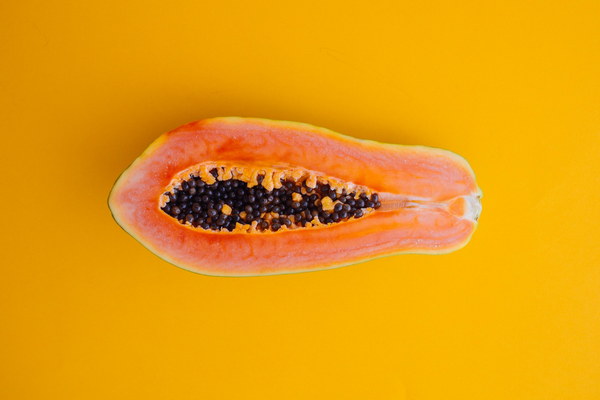Maximizing Fertility Success A Man's Guide to Pre-IVF Body Preparation
Embarking on the journey of in vitro fertilization (IVF) can be an emotionally and physically taxing experience. While much of the focus is often placed on the female partner's health and fertility, the male partner's role is equally significant. A man's pre-IVF body preparation is essential in maximizing the chances of a successful pregnancy. In this article, we will explore the key aspects of a man's pre-IVF body preparation, including lifestyle changes, nutrition, and medical considerations.
Lifestyle Changes
1. Quit Smoking: Smoking has been shown to negatively impact sperm quality, motility, and overall male fertility. Quitting smoking at least three months before IVF can significantly improve sperm health.
2. Limit Alcohol Consumption: Excessive alcohol intake can lead to decreased sperm count and motility. Limiting alcohol consumption to moderate levels, if not avoiding it entirely, is recommended.
3. Reduce Stress: High stress levels can affect hormone balance and sperm quality. Engaging in stress-reducing activities such as yoga, meditation, or exercise can help improve overall well-being and fertility.
4. Maintain a Healthy Weight: Both underweight and overweight men can experience fertility issues. Maintaining a healthy weight through a balanced diet and regular exercise can improve sperm quality.
5. Avoid Exposure to Toxins: Exposure to certain chemicals and toxins can harm sperm health. Minimize exposure to harmful substances such as pesticides, solvents, and heavy metals.
Nutrition
1. Increase Folic Acid Intake: Folic acid is essential for sperm production and DNA synthesis. Men should consume at least 400 mcg of folic acid daily, either through food or supplements.
2. Consume Antioxidant-Rich Foods: Antioxidants protect sperm from oxidative stress, which can damage sperm cells. Foods rich in antioxidants include berries, nuts, and dark chocolate.

3. Include Omega-3 Fatty Acids: Omega-3 fatty acids, found in fish oil and flaxseeds, can improve sperm health and motility. Aim for at least 250-500 mg of omega-3s daily.
4. Stay Hydrated: Drinking plenty of water helps maintain healthy sperm production and overall bodily functions.
Medical Considerations
1. Consult with a Fertility Specialist: Before starting IVF, it is crucial for men to consult with a fertility specialist. The specialist can evaluate sperm health and recommend any necessary treatments or lifestyle changes.
2. Undergo Sperm Testing: Sperm testing is essential to assess the quality, quantity, and motility of sperm. This information can help determine the best IVF approach and identify any underlying fertility issues.
3. Treat Underlying Conditions: Certain medical conditions, such as varicoceles, can impact sperm production and quality. Treating these conditions before IVF can improve fertility outcomes.
4. Consider Medications: In some cases, fertility medications may be prescribed to improve sperm health. Always consult with a healthcare professional before starting any new medication.
Conclusion
A man's pre-IVF body preparation plays a vital role in the success of fertility treatment. By making lifestyle changes, focusing on nutrition, and addressing any medical concerns, men can maximize their chances of achieving a successful pregnancy. Remember, a well-prepared partner can make all the difference in the IVF journey.









